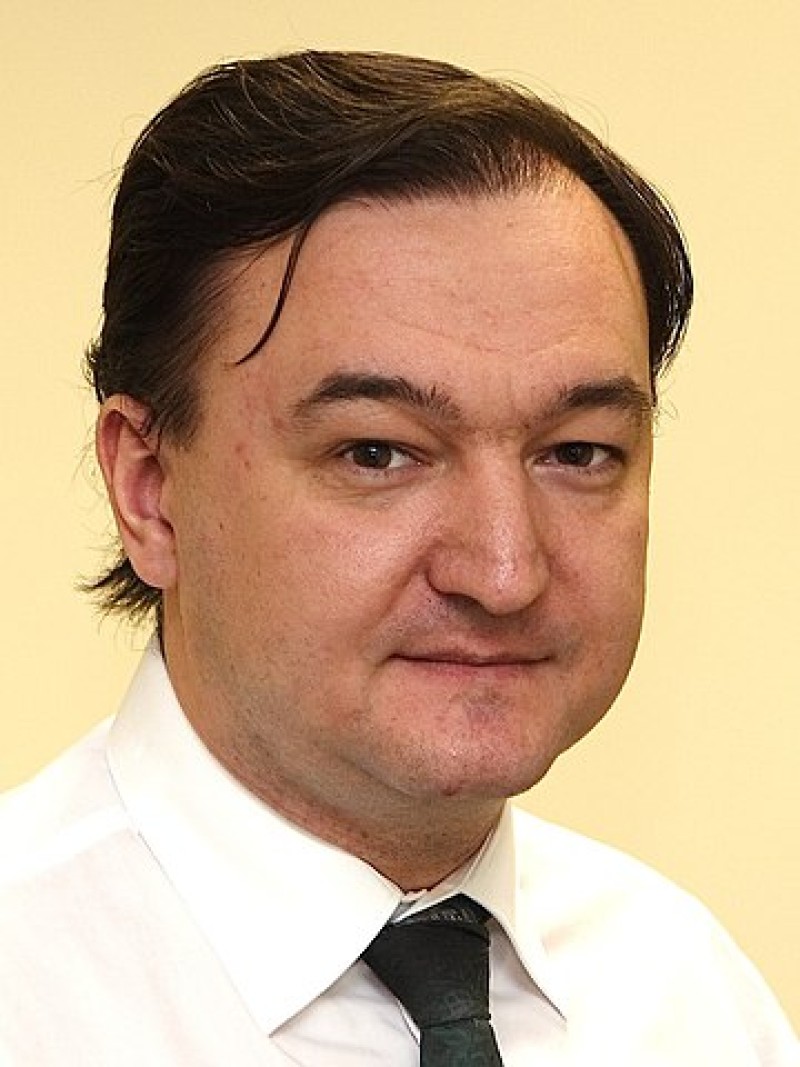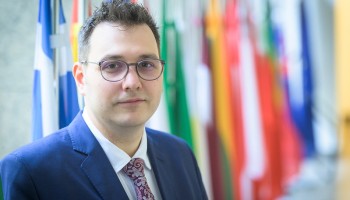Magnitsky was jailed and died after he exposed a massive tax fraud perpetrated by Russian officials, well connected businessmen and criminals.
Australian Foreign Minister Marise Payne said in a statement that in the first group of individuals targeted under the new law were 14 Russians responsible for the corruption the late lawyer exposed and 25 persecutors and accomplices in his death.
It means that all assets the sanctioned individuals may have in Australia will be frozen and that they won’t be able to enter the country.
“This will ensure that Australia does not become a safe haven for those already locked out of like-minded countries and their financial systems,” Payne said.
The Australian Government can enact these thematic sanctions targeting individuals responsible for serious human rights abuses, serious corruption, malicious cyber activity or other activities since December last year, when the Magnitsky-style amendments were adopted.
Magnitsky died under suspicious circumstances after he exposed a large-scale tax fraud in Russia affecting the investment firm Hermitage Capital Management. At the time, he had revealed that with the help of Interior Ministry employees, officials from two Moscow tax bureaus, and 11 judges, a convicted killer had literally “stolen” ownership of Hermitage, OCCRP reported.
On behalf of Hermitage, the perpetrators fraudulently claimed the largest tax refund in Russia’s history: US$230 million.
Despite signs that Russian police were involved in the scheme, Magnitsky chose to remain in Moscow. He was arrested and died in jail a year later.
A law passed by the U.S. Congress in 2012 allowed authorities to crack down on human rights abusers and later people suspected of corruption. Several countries followed suit and passed similar laws.






